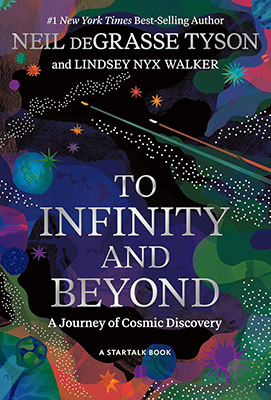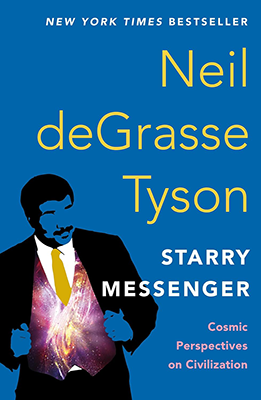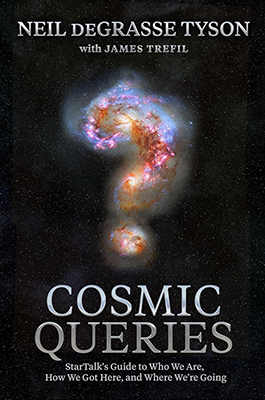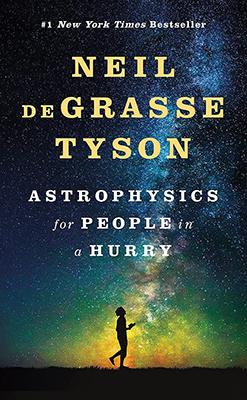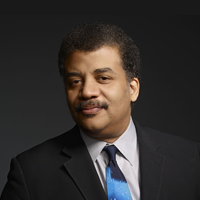
Neil deGrasse Tyson
Neil deGrasse Tyson, born on October 5, 1958, in New York City, is an American astrophysicist, author, and science communicator known for his ability to make complex scientific concepts accessible to a broad audience.
Tyson developed an early interest in astronomy and science, inspired by visits to the Hayden Planetarium at the American Museum of Natural History in New York City. He attended the Bronx High School of Science, where he excelled in science and mathematics, and went on to earn his bachelor’s degree in physics from Harvard University in 1980.
After completing his undergraduate studies, Tyson continued his education at the University of Texas at Austin, where he earned his master’s degree in astronomy in 1983 and his Ph.D. in astrophysics in 1988. His doctoral research focused on the structure and evolution of the Milky Way galaxy.
Throughout his career, Tyson has held academic positions at various institutions, including Princeton University, the University of Maryland, and Columbia University, where he currently serves as the Frederick P. Rose Director of the Hayden Planetarium.
In addition to his work as a research scientist, Tyson is also a prolific author and science communicator. He has written several popular science books, including “Death by Black Hole” and “Astrophysics for People in a Hurry,” which have been widely praised for their clarity and wit.
Tyson is perhaps best known for his work as a science communicator and public intellectual. He has hosted several television shows, including the PBS series “NOVA ScienceNOW” and the Fox/National Geographic series “Cosmos: A Spacetime Odyssey,” a reboot of Carl Sagan’s classic series “Cosmos: A Personal Voyage.” Tyson’s engaging and accessible style has made him a beloved figure in popular culture and has helped to inspire a new generation of scientists and science enthusiasts.
Throughout his career, Neil deGrasse Tyson has received numerous awards and honors for his contributions to science and education, including the NASA Distinguished Public Service Medal and the Public Welfare Medal from the National Academy of Sciences. He continues to be an influential voice in the scientific community and a passionate advocate for the importance of science literacy and critical thinking.

